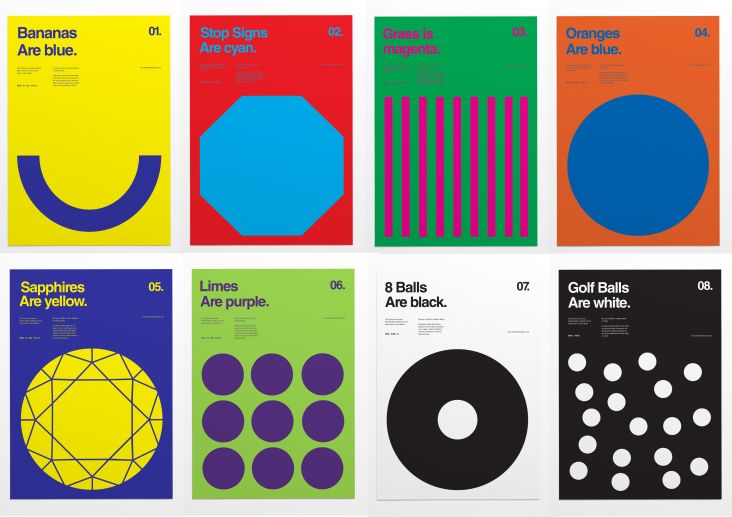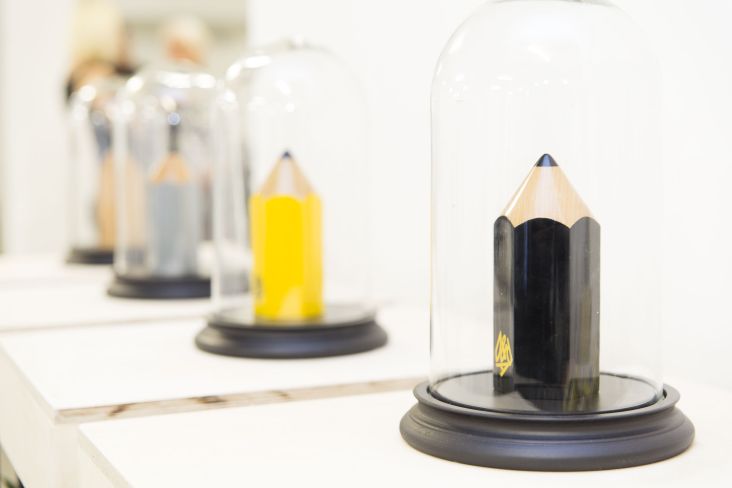How to be productive at work after a long weekend
You’ve just had an awesome long weekend. But whether you’ve been away on a short city break, stuffed yourself with Easter eggs, danced the night away at a wedding, or binge-watched Netflix, getting out of bed on that dreaded Tuesday back is more difficult and draining than ever.

Image licensed via Adobe Stock
Your mind is still in holiday mode, and you're struggling to face the mountain of tasks that have built up since Thursday. You’re probably going to have one of those horrible days when you achieve very little, and end up more behind than ever. But it doesn’t have to be this way. Here’s our six-step plan for being productive after a long weekend.
1. Plan your day
The best way to ensure that your first day back at work isn’t a car crash is to plan out precisely what you want to achieve.
It may sound boring, but methodically listing what needs to be done, when and in what order, is the best way to stop panicking about it all. If you pile into your in-tray unthinkingly, the sheer volume of work will seem overwhelming. If you break it up into small, achievable tasks, though, it will look much less intimidating and much more doable.
There are plenty of great apps out there to make to-do lists, such as Todoist and Things, or you can use the tried-and-tested method of putting pencil to paper. Either way, the very act of planning your day will help you make the mental transition from holiday mode to work mode much smoother and less painless.
2. Stick to the plan
Having a plan for your day back to work is one thing. Sticking to it is another.
The temptation is to take longer and longer coffee breaks, where you tell colleagues all about your fantastic long weekend. Then maybe go out for a long lunch-break, have that pint or glass of wine you’ve been dreaming of all morning. Then stumble back to your desk, and spend one or two hours “checking” Facebook and Twitter, followed by more coffee breaks, before reaching the point where it’s too late to achieve anything substantial before clocking off.
All it means, though, is you’ll be even further behind tomorrow morning. So you need to find a way to stick to that plan.
That might involve setting timings against each task and sticking to them rigidly; promising yourself little rewards each time you complete one. It might mean blasting music through your headphones to help you focus and signalling to colleagues you’re on “lockdown” or it could be taking your laptop to an unused meeting room to ensure you’re not interrupted; playing a game with yourself where you aim to complete menial tasks against the clock – whatever works for you.
Soon, hopefully, the sense of achievement you’ll feel as you start ticking tasks off your list will become its motivation.
3. Formulate an email strategy
Even if you’re keen to start productive work the moment you hit your desk, there’s that overflowing email inbox standing in your way. But if answering every single email will take all day, how will you get anything else done?
It’s a problem that faces almost everyone returning from a long weekend, and the solutions are many and varied. But the main thing, again, is to have a strategy.
So you might, for example, devote the first 15 minutes of your day to “email triage”, where you skim through the list of senders and subject headings, and sort all your unanswered emails into ‘Urgent’, ‘Important’ and ‘This Can Wait’. Then once you’ve answered the urgent emails, alternate 30 minutes of design work with 30 minutes of email work throughout the day, to ensure that you don’t get bogged down in either.
That’s just one suggestion, of course; you need to find an approach that works best for you and your workflow. Then stick to it.
4. Control your emails, don’t let them control you
However much you tell yourself you won't spend all day answering emails, it’s easy to get panicky about your contacts getting annoyed with you. After all, no one like to feel ignored, and you’d probably get narked in their shoes too.
One strategy that can help here is to set up an email auto-response, throughout your first day back, which looks like an ‘Out of Office’ but reads something like:
Hi, thanks for your email. However, I’ve only just got back from annual leave, so it may take a little longer than usual for me to reply to it. I hope you understand, and I thank you in advance for your patience.
This should take the edge off, with everyone but the most demanding clients or colleagues. And while you might have to make an exception for them, at least everyone else will give you a day or so’s grace while you catch up.
5. Answer emails faster
When you're back after a long weekend, you'll often answer a lot of emails with similar phrases (e.g. Thanks for your message and apologies for the lateness of my reply: I’ve just got back from a short break.)
If you’re wasting time by typing such sentences over and over again, you need to start using an app to speed things up. For example, Auto Text Expander allows you to bring up a range of long phrases in your Gmail just by typing two or three letters of your choice. Try it; it’s excellent!
6. Take a positive attitude
There’s no denying it: it sucks to come back to work after a short break, even to a job you enjoy. And so it’s good to have a brief moan, or just let out a wild, cry of “arrggghh!” on waking at 7am.
But once you’ve got that out of your system, shaking it off in favour of a positive mental attitude, then taking a structured, planned approach to your day, will mean you’ll clock off at the end on a much happier note than you began.
Let’s face it, for most of us, working in a creative profession is pretty darned impressive. So one thing you can do is pause for a moment, close your eyes, take a breath, and think of three things you love about your job. This little exercise can help put a spring in your step even when you’re nursing a three-day hangover. Trust us, it works.


















](https://www.creativeboom.com/upload/articles/e5/e5267b1b5a615bf6d6cf2bb9ca0181401a3cf496_732.jpeg)


](https://www.creativeboom.com/upload/articles/0c/0c4eb84a3d8112c994a45f84e88a9629563248da_732.jpeg)


](https://www.creativeboom.com/upload/articles/6f/6f1a2330ea0c42ecd0bd0f9a19be5f540a0aa96e_732.jpeg)
